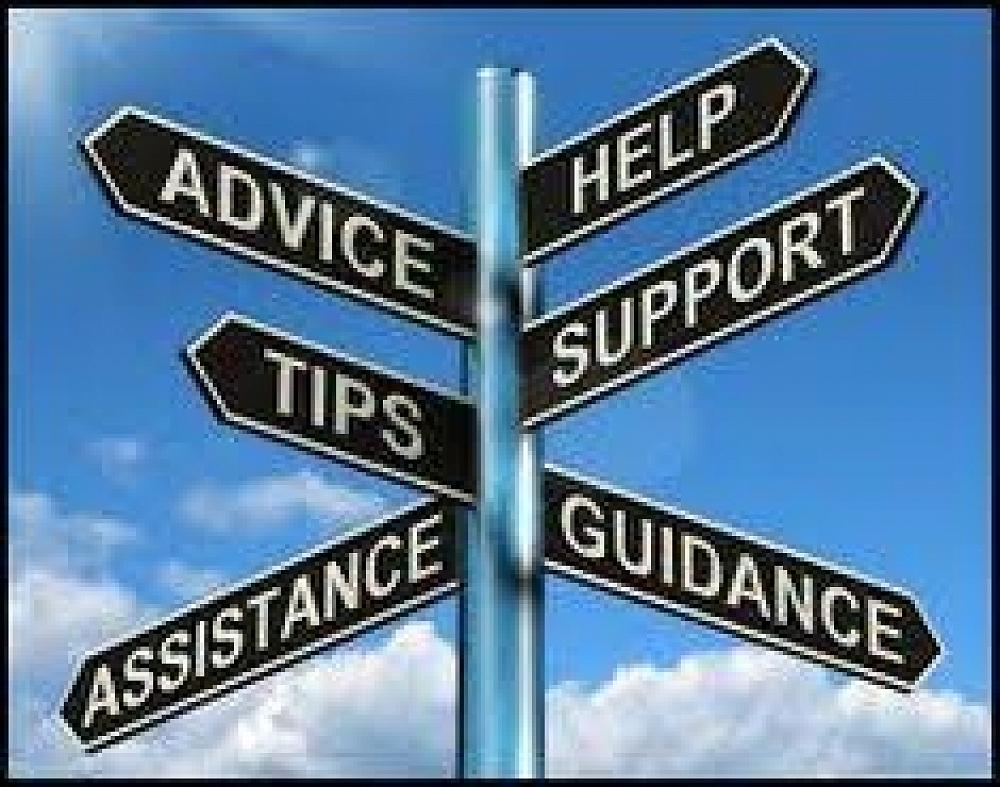
Counselor's Corner
3 Ways To Make The Most Of Stress
The World Health Organisation has recently declared “burn-out” a workplace phenomenon. But are our levels of stress really the problem?
Rationally speaking, stress is our body’s way of helping us adapt to life. It can force us to clarify our priorities and help us rise to the challenge facing us. If we can understand that our body’s stress responses are designed to help us meet life with courage, we can change our attitude to stress.
There are a variety of different responses we experience to stress but three positive ones include:
- Challenge response – that is triggered when you believe stress is an opportunity for learning and growth. By embracing your anxiety, you’re able to harness the powerful mix of endorphins, adrenaline, testosterone, and dopamine that can come with any stress response, which can help to improve your performance in the face of a challenge.
- Bigger-than-self response – is triggered when you recognise that the stress you’re facing is bigger than what you can handle by yourself, that you’re not the only one struggling with this situation, and that you have someone you can trust. The stress hormone, oxytocin, magnifies trust and emotional intelligence and this gives you hope and the courage to reach out to others.
- Resilience response – gets triggered when, rather than seeing the replays in your mind of stress as evidence that you’re a failure, you think of it as helping you learn, and ultimately making you stronger and more resilient. It leaves you with higher levels of dehydroepiandrosterone (DHEA), a neurosteroid, which helps you recover and learn from stress, and has been linked to a reduced risk of anxiety, depression, and other diseases thought to be stress-related.
So, what can you try to harness your body’s different stress responses?
By resetting your stress mindset – rather than telling yourself that this is a sign that you can’t handle things, or reaching for something that numbs the sensations, remind yourself it’s because something matters to you and this is your body rising to the challenge. When you see your body’s response as a sign that you care and that your heart is in the situation, you can become less obsessed with trying to control those symptoms, and more focused on who, and what, you care about. Often, that can be enough to give you the courage to continue to approach the things that matter, and over time, build your stress confidence.
Choosing your stress response – Recognise your different stress responses and try to expand your choices by taking a moment to ask yourself what would be most useful in this situation? Do you need to flight, fight, freeze, or rise to the challenge and harness the energy of stress to fuel your purpose? Do you need to figure out how you can learn and grow? Or if the situation is more than you can handle on your own, do you need to tap into your bravery and tell someone what’s going on, or offer to help others in similar situations? By bringing your attention to the stress response you want, your body and brain can help you meet life, as it is now, with the resources available to you.
Lastly, practicing gratitude allows stress to bring out the desire to connect, to help others, and to look for those who might be able to help you. It brings out hope and courage, and creates a mindset of interdependence that can help make a social stress response – one of the healthiest and, often, most relevant responses to the kind of stress that you will face on an everyday basis – your default response.
(Extracted from https://www.michellemcquaid.com/3-ways-to-make-the-most-of-stress)
